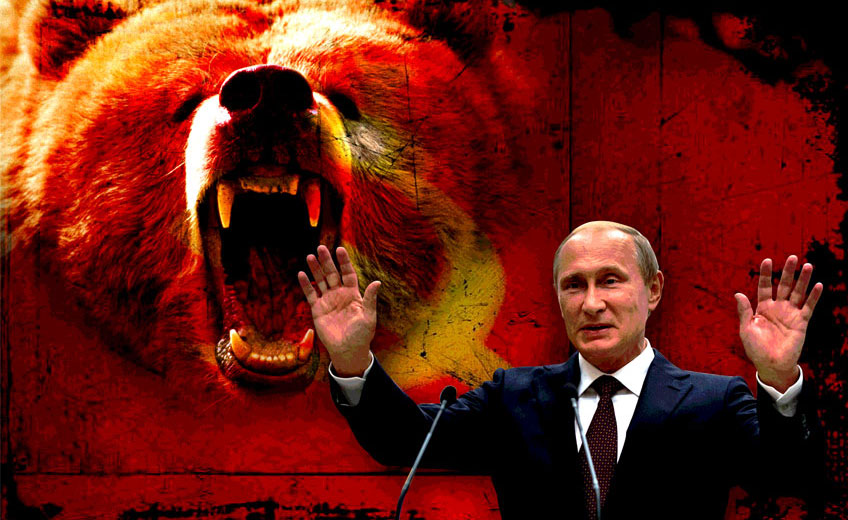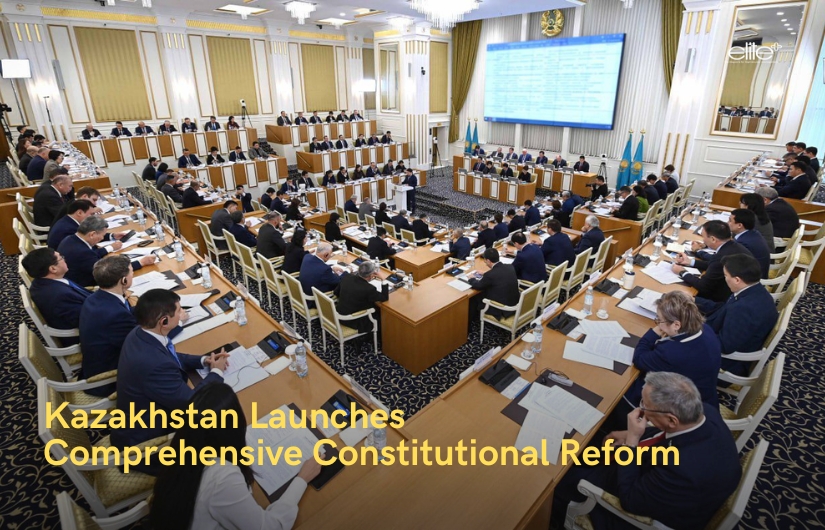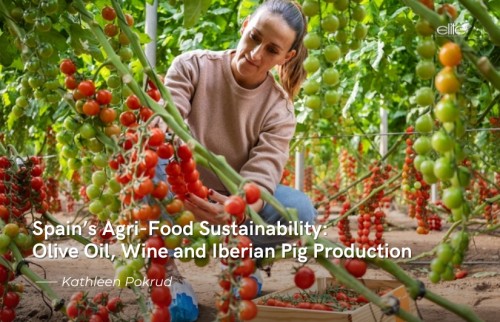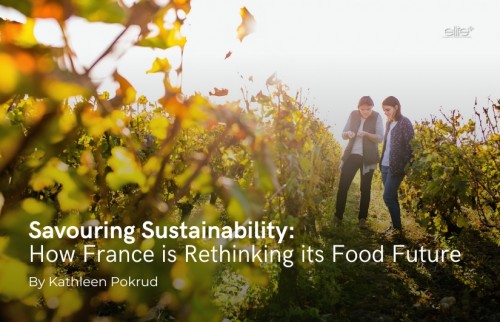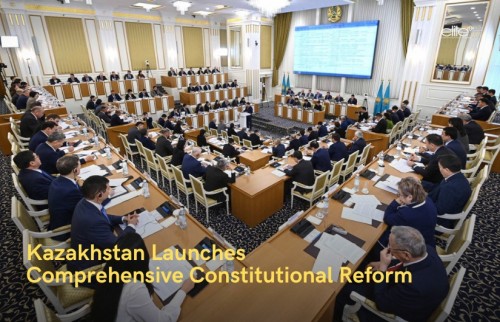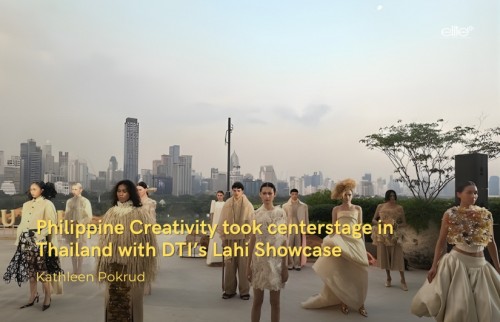Russia's with Thailand might be at their strongest point historically. The Thai military government is planning to buy tanks from the Russian Federation, and Thailand is Russia’s largest trading partner in Southeast Asia, with bilateral trade amounting to 180 billion baht in 2015. During a state visit last year by Prime Minister Dmitry Medvedev, the countries agreed to double trade volume this year. Last month marked an important state visit by Nikolai Patrushev, chief of the Russian Security Office, who came to discuss cooperation in combating international terrorism, while deputy prime ministers Prawit Wongsuwon and Somkid Jatusripitak also visited Russia in February. It is expected that Prime Minister Prayut Chan-o-cha will invite President Vladimir Putin to visit Thailand again in the near future, as next year will mark the 120th anniversary of diplomatic ties.
HE Kirill Barsky, Russia’s ambassador to Thailand, however, feels the popular perception of Thais towards his country is slower to change than the diplomatic or business relationship. While bilateral trade is quickly growing, the Thai image of Russia and Russians needs to be improved. Although Russia abolished Marxism and embraced democracy over two decades ago, Thais still perceived it as a communist country full of KGB agents.
“Russia has changed a lot over two decades,” the ambassador said at an “Intellectual Tea Talk” at Bangkok’s Russian Embassy in January. “But for Thais, we are still socialist despite the fact we are now a democratic society. Meanwhile, the image of Thais and the country in Russia have always been positive. Is it possible to change the perception? What should we do in order to bring Thais to see contemporary Russia as she is?”
The embassy regularly holds tea talks at the embassy. The theme on this occasion was “Russia through the Thai Media Lens”, with guest speakers including Thai TV hosts and commentators.
Ambassador Barsky’s statement is not an exaggeration. The perception of Thais towards Russia has been shaped by political views. Over a century ago, relations originated through imperial exchanges and were mutual and warm. King Chulalongkorn paid a royal visit to the court of Tsar Nicholas II in St Petersburg in 1897, and subsequently sent his son Prince Chakrabongse Bhuvanath to further his military studies in Russia. The prince served in a Hussar regiment and married a Ukranian wife before returning to Siam.
The royal bondage was cut by the Russian revolution, which dismantled the Tsarist kingdom in 1917, followed by gruesome regicide. After that, relations soured and grew distant. Thailand’s alliance with the US during the Cold War of the 1950s deepened the negative stereotypes of Russia.
“For Thais, Russians are the tourists who come to live in Pattaya, Krabi, or they’re KGB,” said Thanchanok Jongyotying, a guest speaker and news commentator from TNN 24. She visited Russia last year for a media workshop and exchange programme, and admitted being scared of Russia at first. But her visit was marked by “friendly lovely” Russian people and a “highly cultured city” with “the most beautiful subway stations”. The problem, she said, is how to let Thais see the beautiful side of Russia.
Ambassador Barsky sees the negative stereotype of Russia as a product of bias manufactured by Western media. The perception of former communist countries such as Russia – the birthplace of Marxism – and China have been shaped by CNN, BBC or news syndicates such as the Associated Press, Reuters and Bloomberg. Most news is about violations of human rights and stifling of freedom of expression. Media from the US and UK use news content to export Western democratic values and protect their interests and free market ethos, he said. Although Russia and China have embraced full swing capitalism, they remain targets of Western media bias.
“The media can turn Cinderella into a beautiful princess and it can do the opposite,” he added.
Varin Sachdev, TV news anchor and popular commentator, said the negative image of Russia comes from various aspects, including the conservative stereotype of older Thais who still adhere to Cold War anti-communist views, the negative perception in the Thai media shaped by CNN and BBC, and imported entertainment.
“You have Hollywood, English language. Our entertainment is dominated by the US and UK,” he said. And in Western entertainment, Russia is projected as an enemy of the free world, personified by the cold-blooded KGB spies in John Le Carré spy novels.


